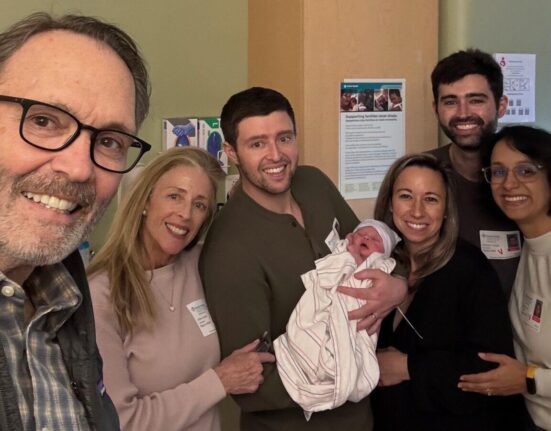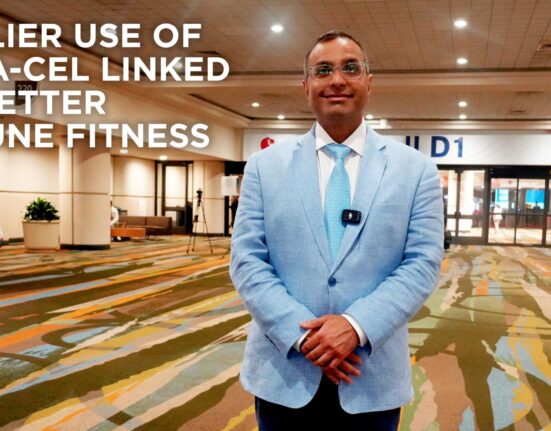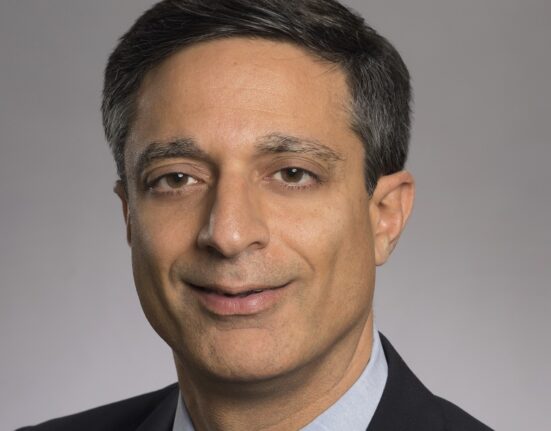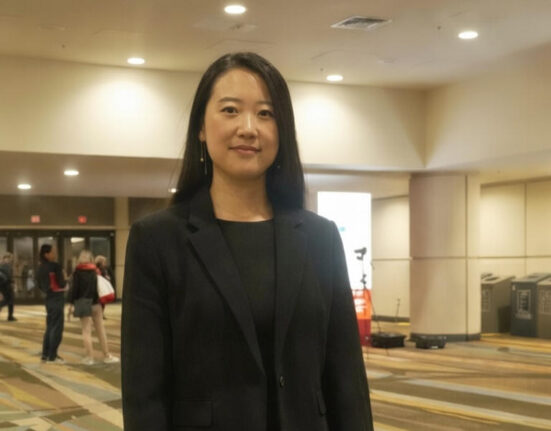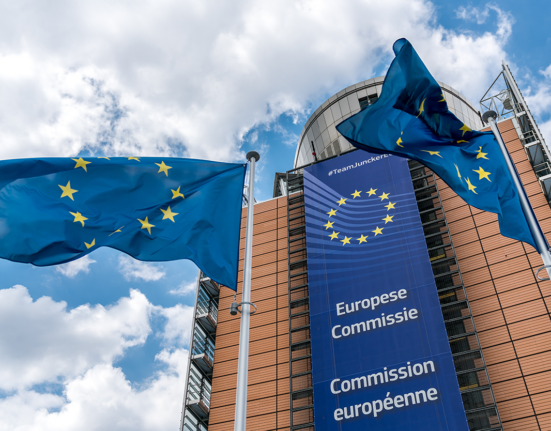The Society of Hematologic Oncology (SOHO) announced the abstract award winners of its 13th Annual Meeting at Wednesday evening’s award ceremony, presenting eight awards, including five honorable mentions.
Awarded first place was Guillermo Garcia-Manero, MD, interim chair of the Department of Leukemia at the University of Texas MD Anderson Cancer Center.
Dr. Garcia-Manero’s presentation titled, “Primary Analysis of the Randomized, Phase 3 VERONA Study of Venetoclax with Azacitidine Versus Placebo With Azacitidine in Patients with Treatment-Naïve, Intermediate and Higher-Risk Myelodysplastic Syndromes,” was the first presentation on the long-awaited results of the VERONA trial.
The global phase 3 study evaluated venetoclax in combination with azacitidine versus azacitidine plus placebo in patients with newly diagnosed higher-risk myelodysplastic syndromes (MDS). The VERONA trial did not meet its primary endpoint of overall survival.
“We have been waiting for the results of the VERONA trial for a few years,” he said. “Although not the results we were expecting, I am proud to share the data for the first time at the SOHO meeting. VERONA was a very large international effort trying to improve the survival of patients with higher-risk MDS. From this data, we are going to be able to build the next generation of studies that hopefully will allow us to improve the outcomes of patients with this complex disease.”
Runners-up
Second place was awarded to Asfand Yar Cheema, MD, a resident physician at Cleveland Clinic Fairview Hospital, for his poster titled, “Glucagon-Like Peptide-1 Agonists and Clinical Outcomes in Polycythemia Vera: A Large-Scale Propensity-Matched Cohort Study.”
In the study, Dr. Cheema and colleagues found that use of glucagon-like peptide-1 receptor agonist therapy in patients with MDS was associated with significantly reduced risks of progression to acute myeloid leukemia and other critical complications.
Third place went to Lucia Masarova, MD, an assistant professor at the University of Texas MD Anderson Cancer Center, for her poster titled “Phase 3 Study Comparing Ropeginterferon Alfa-2b With Anagrelide as Second-Line Treatment for Essential Thrombocythemia: SURPASS-ET Trial.”
Dr. Masarova and colleagues demonstrated a superior response with ropeginterferon alfa-2b (ropeg) compared with anagrelide in hydroxyurea-resistant essential thrombocythemia. The investigators reported that ropeg offers better safety and fewer complications, supporting its use as standard second-line therapy.
Honorable distinctions
Saad Z. Usmani, MD, MBA, FACP, chief of the myeloma service at the Memorial Sloan Kettering Cancer Center in New York City was awarded two honorable distinctions for different presentations on the phase 3 CEPHEUS study:
- “Daratumumab Plus Bortezomib, Lenalidomide, and Dexamethasone (D-VRd) in Patients with Newly Diagnosed Multiple Myeloma (NDMM): Subgroup Analysis of Transplant-ineligible (TIE) Patients in the Phase 3 CEPHEUS Study”
- “Daratumumab + Bortezomib, Lenalidomide, and Dexamethasone (D-VRd) vs VRd in Transplant-Ineligible (TIE)/Transplant-Deferred (TD) Newly Diagnosed Multiple Myeloma (NDMM): Phase 3 CEPHEUS Trial Cytogenetic Subgroup Analysis”
The latter poster presentation focused on cytogenetic subgroups, asking whether outcomes differ between the quadruplet and triplet. “A very interesting topic,” said Thomas G. Martin, MD, the myeloma subcommittee chair for SOHO, who also noted the poster was highlighted as part of Wednesday evening’s multiple myeloma poster walk that he led.
Priyanka Nagdev, MD, an internal medicine specialist at UNC Health, and colleagues were also recognized for their work titled, “Chemotherapy and Survival Disparities in Older Adult AML: A SEER-Based Study.” In the study, the investigators evaluated the effect of chemotherapy on mortality, with a focus on racial disparities.
Lewis Nasr, MD, MS, internal medicine resident at the Baylor College of Medicine, and colleagues were recognized for their study titled, “Prognostic Impact of Early NGS MRD Dynamics and Cytomolecular Risk in Newly Diagnosed Philadelphia Chromosome-Negative B-Cell ALL.” Dr. Nasr and colleagues showed that early measurable residual disease-negativity under assessment with next-generation sequencing is associated with durable remissions in patients with newly diagnosed Philadelphia chromosome−negative B-cell acute lymphoblastic leukemia.
Mazyar Shadman, MD, MPH, a physician at Fred Hutchinson Cancer Center in Seattle, Washington, and colleagues were recognized for their study titled, “Efficacy and Safety of Zanubrutinib in a Fit Subgroup of Patients With Treatment-Naive Chronic Lymphocytic Leukemia (CLL): Post Hoc Analyses From the SEQUOIA Study.” The investigators reported that continuous zanubrutinib monotherapy is an effective treatment option for fit patients with chronic lymphocytic leukemia.
The top three award winners receive $1,500 each and the honorable distinctions are awarded $750 each.
Visit the SOHO 2025 meeting news page for more coverage from the meeting.



